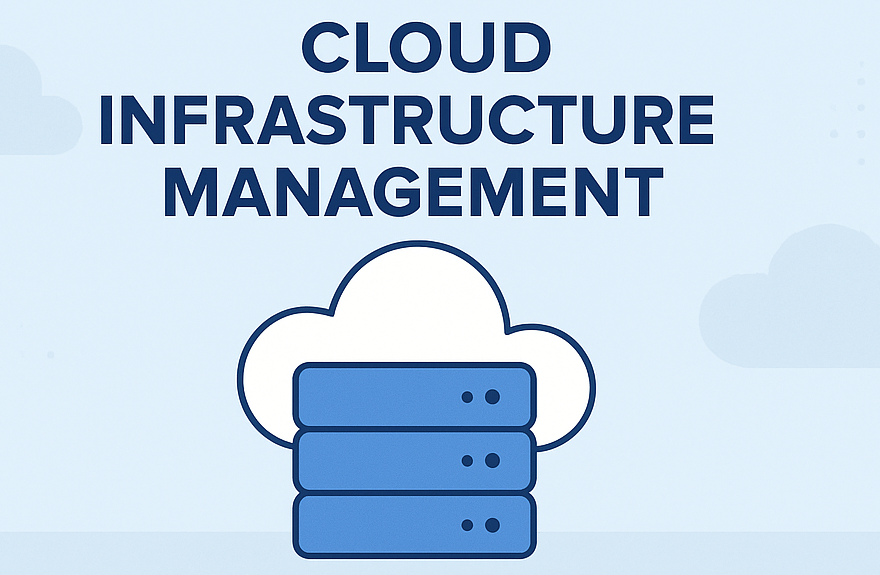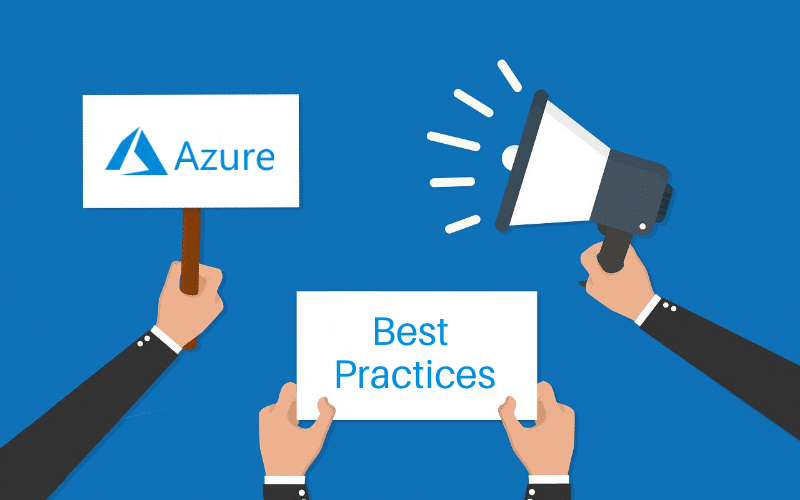
Introduction
As businesses increasingly embrace cloud-native technologies to enhance scalability, agility, and operational efficiency, Azure Kubernetes Service (AKS) has become a pivotal platform for modern application deployment. Specifically, AKS provides a fully managed Kubernetes environment within the Azure ecosystem, enabling organizations to streamline the deployment, management, and scaling of containerized applications. In this blog, we’ll explore the key features, advantages, and best practices for utilizing AKS as part of a successful cloud strategy.
What is Azure Kubernetes Service (AKS)?
Azure Kubernetes Service (AKS) is a managed container orchestration service provided by Microsoft Azure. Built on open-source Kubernetes, AKS abstracts away the complexity of container management, allowing teams to focus on application development and deployment instead of infrastructure maintenance.
AKS handles critical operational tasks such as:
- Automated Kubernetes version upgrades
- Node provisioning and scaling
- Integrated monitoring and logging
- Security patching and compliance
Key Features
- Fully Managed Kubernetes: AKS automates the provisioning, scaling, and upgrading of resources. Consequently, this reduces the operational burden and enables developers to focus on innovation.
- Built-In Security: Integrated with Azure Active Directory (AAD), Azure Policy, and role-based access control (RBAC), AKS ensures secure access and compliance for enterprise environments.
- Integrated Developer Tools: With seamless integration into tools like Azure DevOps, GitHub Actions, and Visual Studio Code, AKS supports CI/CD pipelines and rapid development workflows. Therefore, developers can deliver features faster and more reliably.
- Auto-scaling and Spot Instances: AKS supports cluster autoscaler and virtual node support via Azure Container Instances (ACI), allowing elastic scaling of workloads. It also supports spot VM instances to optimize costs for interruptible workloads.
- Observability and Monitoring: Using Azure Monitor and Container Insights, teams gain deep visibility into the performance, health, and usage of Kubernetes clusters and workloads.
Use Cases
- Microservices Architecture: Easily deploy and manage microservices at scale using containers. This model supports agile development and modular design.
- Dev/Test Environments: Create isolated and scalable environments for development and testing.
- Batch Processing: Run stateless batch jobs or data processing tasks on demand. For instance, data transformation or scheduled automation tasks.
- Hybrid and Multi-cloud: Leverage Azure Arc to extend AKS capabilities to on-premises or other cloud platforms.
Best Practices for AKS Deployment
- Plan for High Availability: Use availability zones and node pools to ensure resilience.
- Secure Cluster Access: Integrate with Azure AD, implement RBAC, and enforce network policies.
- Optimize Costs: Use node auto-scaling and spot instances where appropriate. Additionally, monitor resource utilization regularly to avoid waste.
- Enable Monitoring and Alerts: Leverage Azure Monitor and configure alert rules. As a result, you can detect and address issues proactively.
- Use Infrastructure as Code (IaC): Deploy and manage AKS using tools like Terraform or ARM templates. This ensures consistency, repeatability, and scalability in deployment processes.
Conclusion
In conclusion, Azure Kubernetes Service (AKS) offers a powerful, scalable, and secure platform for running modern containerized applications in the cloud. It supports a variety of use cases, including microservices, big data processing, and development or testing environments. Moreover, AKS includes built-in tools and integrations that help teams work efficiently in a cloud-first world. By adopting best practices in deployment, monitoring, and security, businesses can unlock the full potential of AKS. Ultimately, this enables them to innovate faster and stay competitive in today’s digital landscape.
Don’t miss our blog post on Cloud Infrastructure Management.
What’s Next?
We’re here to support you! Should you have any questions or need assistance, don’t hesitate to get in touch with us. Contact us at info@uranuscloudsolutions.com and we’ll be happy to help. Your satisfaction is our priority!


